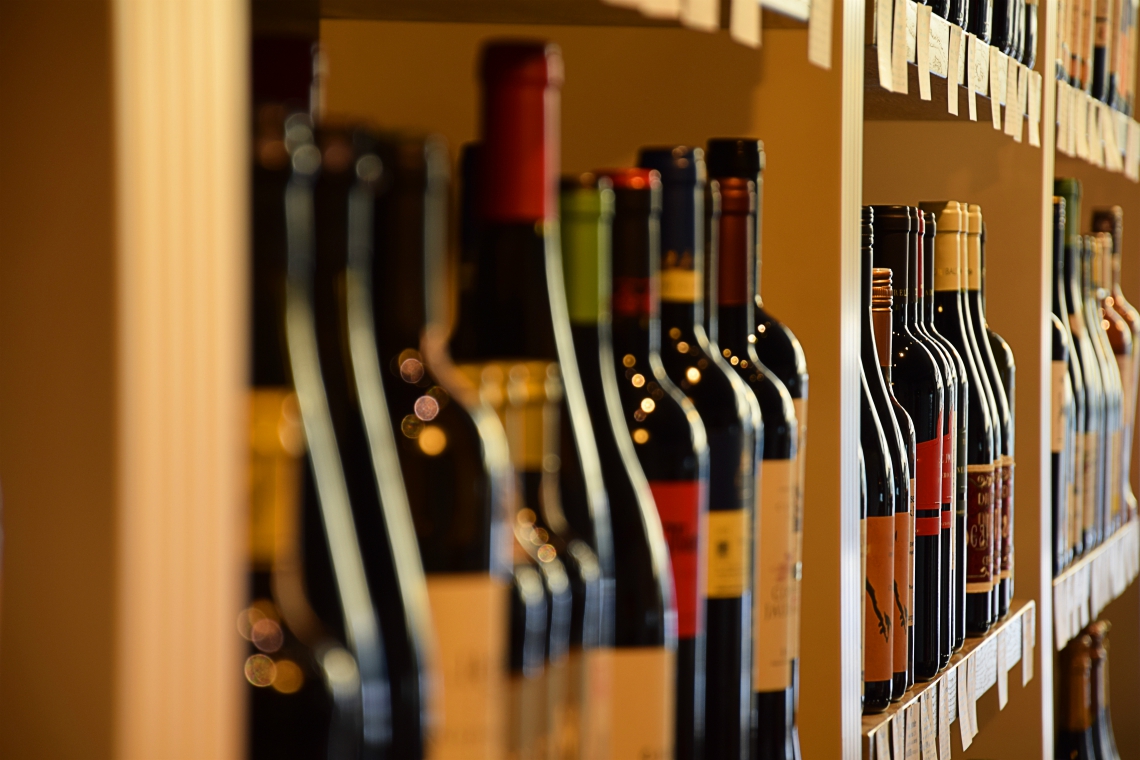Politicians from the Inter-Parliamentary Alliance on China (IPAC), representing over 200 MPs from 19 countries, have launched a global campaign urging people to buy Australian wine in response to China’s wine tariffs.
The #solidaritywithAustralia campaign sees IPAC members call on their compatriots to swap their usual national beverages for Australian wine this month.
The campaign is a response to the latest round of sanctions from the Chinese government on Australia, with the wine industry among the worst hit after the announcement of a tariff of up to 212 per cent on Australian wine producers last week.
Speaking in the video, Australian Labour Senator Kimberley Kitching said: “China has cancelled a whole range of Australian imports in an attempt to bully us into abandoning our values.
“This isn’t just an attack on Australia, it is an attack on free countries everywhere.”
Christian Democrat Member of the European Parliament Miriam Lexmann said: “This December we are asking you all to join us in standing against Xi Jinping’s authoritarian bullying by drinking a bottle or two of Australian wine.”
IPAC is an international cross-party group of legislators working towards reform on how democratic countries approach China.
It is made up of global legislators and led by a group of co-chairs, who are senior politicians drawn from a representative cross-section of the world’s major political parties.
The move comes as Treasury Wine Estates set out its plans for dealing with the tariffs earlier this week.
Also leading data and analytics company GlobalData detailed what its research showed about the potentially huge impact of China’s tariffs on Australia’s wine exports.
Consumer Analyst at GlobalData, Ryan Whittaker, said: “The temporary tariffs which China has imposed on wine imports will severely impact Australian wineries and the wider Australian economy.
“Wine imports are China’s latest targets in its trade war with Australia, following coal, lobsters, barley, beef, sugar and others in recent months. Many observers conclude that these decisions are based mainly on strategic overlapping of political and trade positions rather than a response for some objective issues.
“Combined with the economic consequences of COVID-19, a projected seven per cent unemployment rate for 2021 and the GDP contraction in April–June 2020, the effect of China’s strategy will brutally impact the Australian wine sector and destabilise the wider economy for the next few years.
“China’s move could result in more wine stocks being allocated at cheaper prices to the next-largest export markets, including the US, the UK and Canada. However, these markets are also experiencing significant economic downturns due to COVID-19. Significant unemployment in the US and the UK, coupled with uncertainties around Brexit, is likely to reduce disposable income in those markets.
“In addition, the reduction in social occasions due to the pandemic means that demand for wine will remain suppressed, falling in tandem with future national and regional lockdowns. Following mass-vaccination. However, the demand for wine in these markets will likely increase quickly.”
Whittaker added: “According to GlobalData’s research, as of November 2020, one in four UK consumers are buying less wine or have stopped purchasing it altogether as a result of the pandemic; for the US, the rate stands at one in five. This means that Australian wine exports will remain caught between a rock and a hard place for the immediate future.
“China is not only Australia’s leading trading market, accounting for around a third of its national exports, but also its primary wine export market. China is the most lucrative market for Australian wine, worth close to four times the value of the US export market. Australian wine exporters will have to hope that a political solution is reached quickly as they will suffer as long as this continues.”

